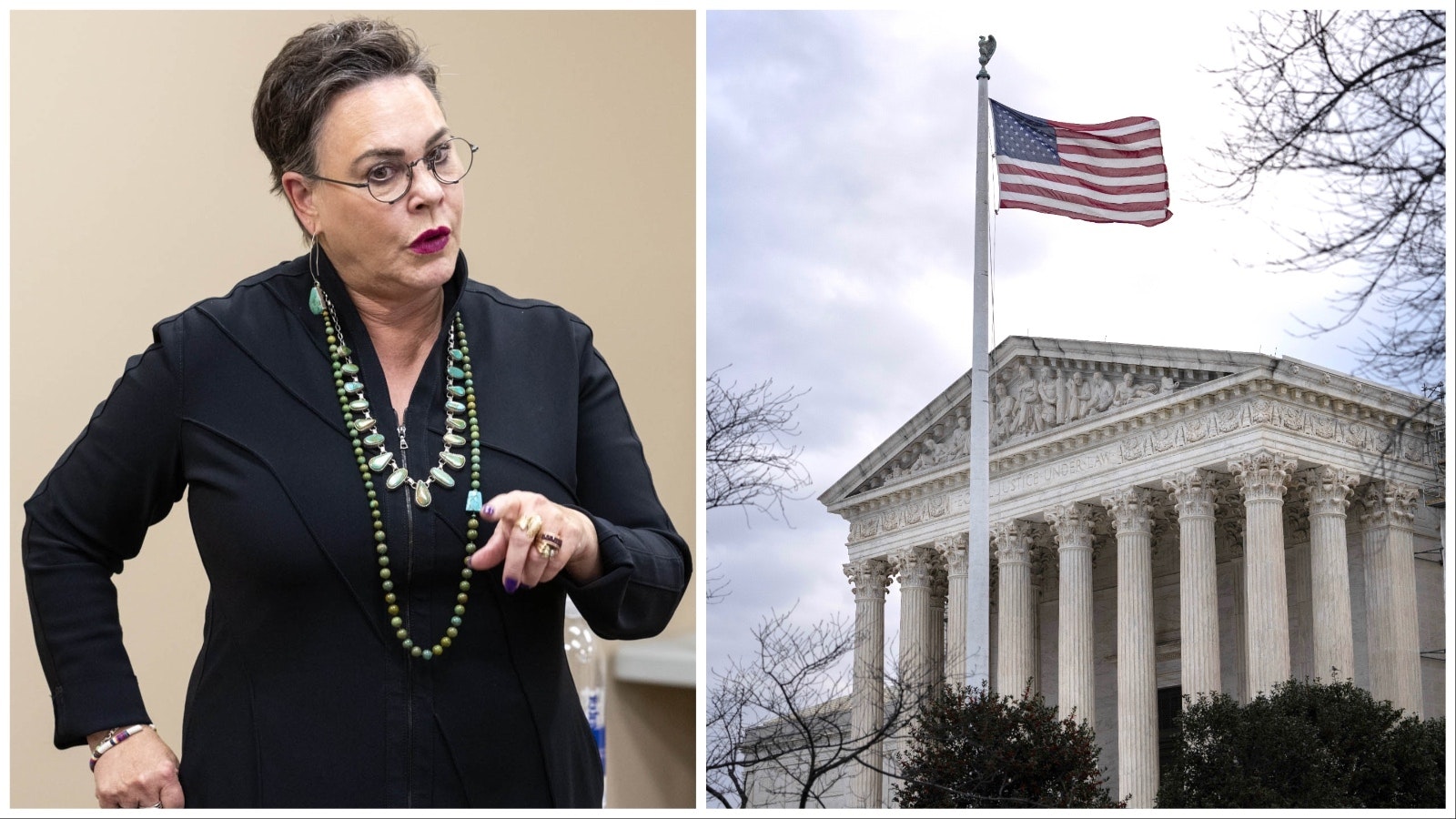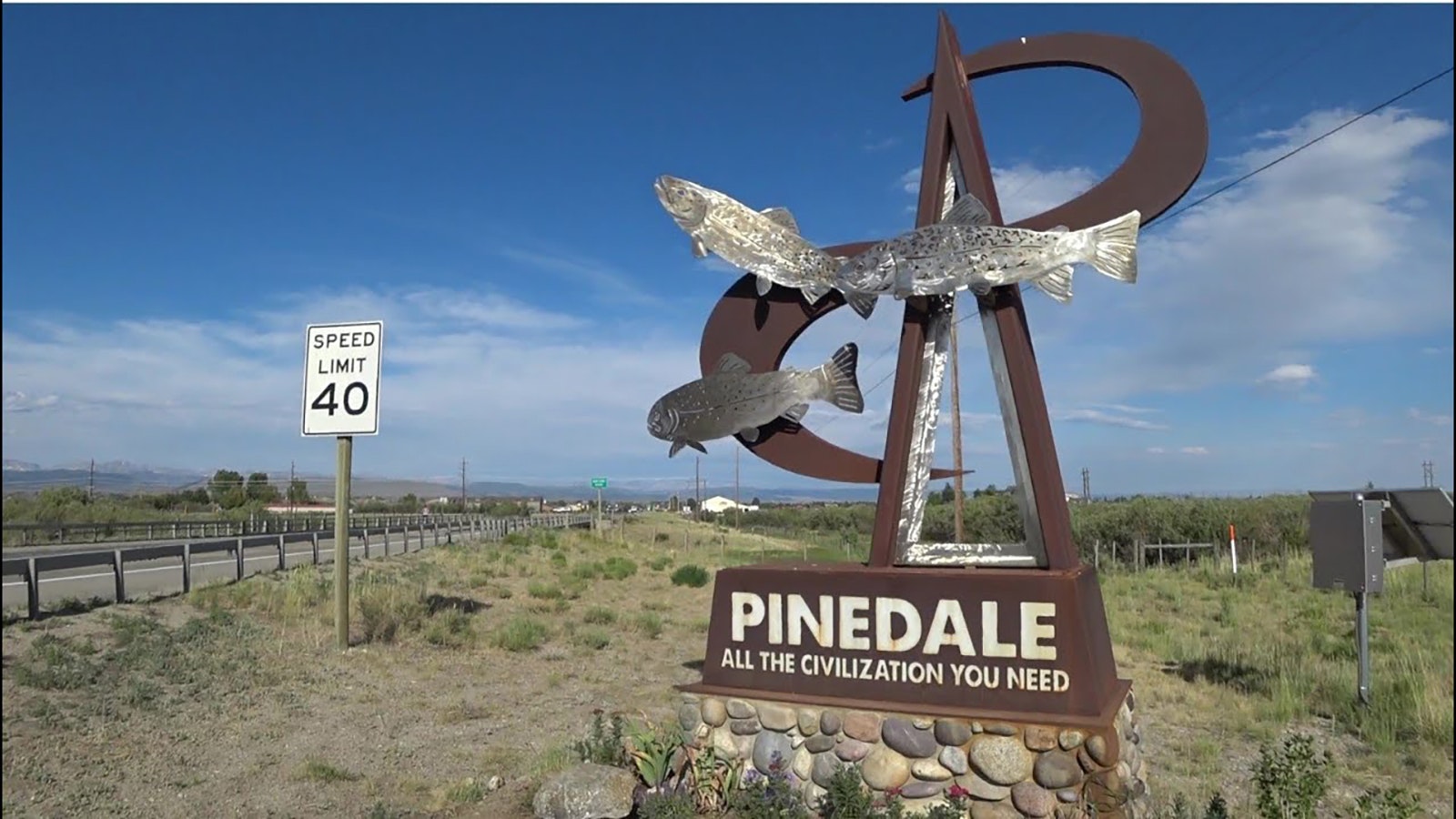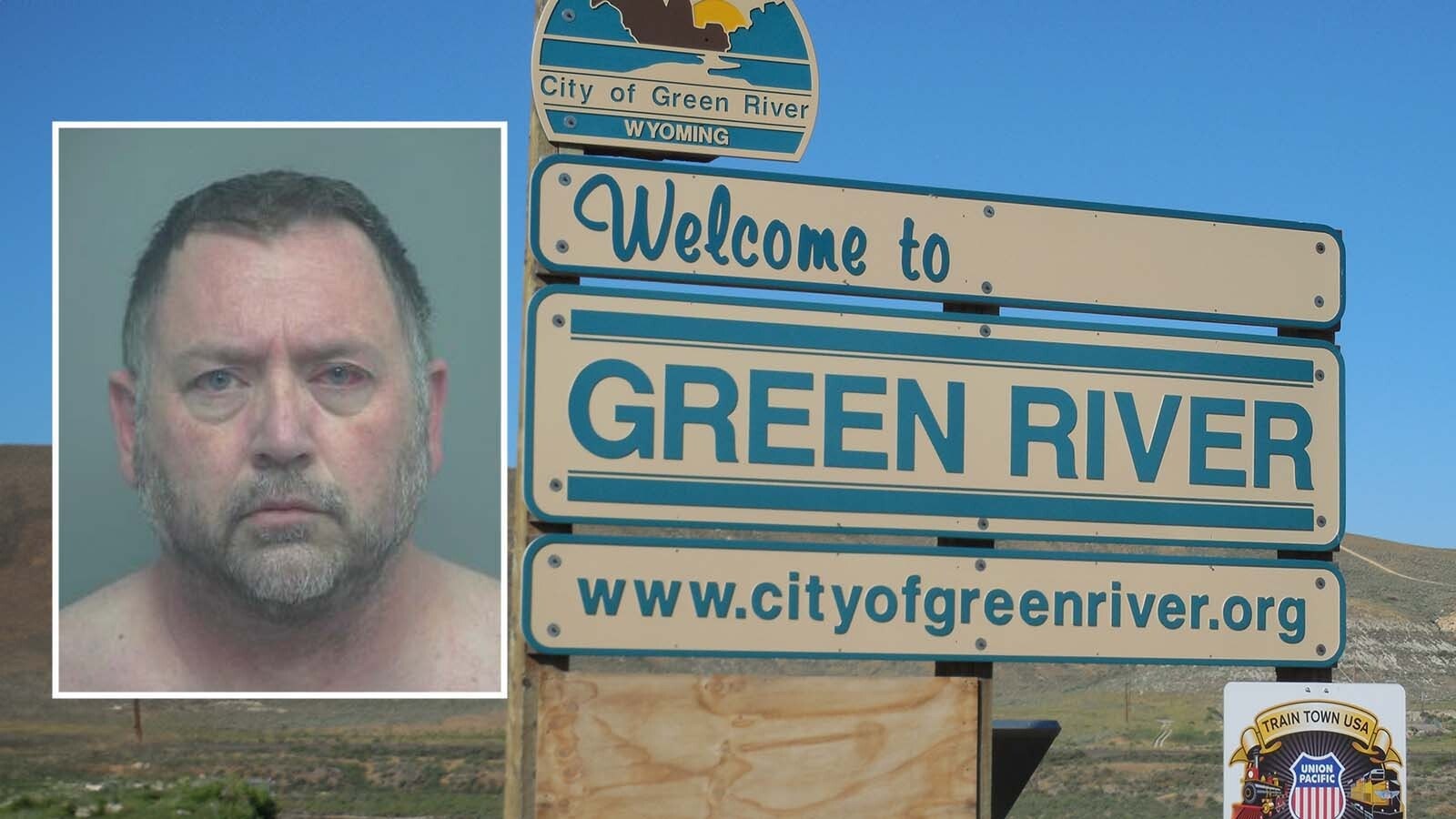The U.S. Supreme Court will soon decide whether federal bureaucratic agencies should have less power over citizens.
Small business owners sparring before the high court Wednesday in the case of Loper Bright v. Raimondo said courts give bureaucracies so much interpretive power, elected lawmakers in Congress can nestle in political cowardice and not do their jobs while letting federal agencies do the hard work.
President Joe Biden’s solicitor general, Elizabeth B. Prelogar, countered that agencies should be able to make their own rules where the laws are silent, in part because agencies have a lot of expertise and Congress often prefers to delegate to agencies.
She urged the court not to overturn the 1984 case of Chevron v. Natural Resource Defense Council. The Supreme Court in that case told courts to rely on an agency’s interpretation of the law, wherever the law is silent.
The high court’s decision will affect Wyoming massively, the state’s lone U.S. House member told Cowboy State Daily.
“With the vast amount of all surface lands and mineral rights in our state being owned by the federal government, any ruling or legislation that limits the authority of bureaucrats to impose rules and guidance on us would be a significant victory,” Republican Rep. Harriet Hageman told Cowboy State Daily in a Tuesday email.
Hageman hopes the high court will overturn Chevron, and said the case damages the separation of powers enshrined in the U.S. Constitution.
Here Comes Wyoming
Wyoming and 26 other states agree with Hageman.
The states filed an argument in the Loper Bright case in July, saying courts should use their best independent judgment to find each law’s meaning instead of “abdicat(ing) their job of interpreting the law” to federal agencies.
“Even before Chevron hit the books, federal agencies had formed ‘a veritable fourth branch of the government,’” says the brief.
Except, Judicial Humility
But it’s a balancing act, Justice Elena Kagan indicated Wednesday during the oral argument in Loper Bright. Congress doesn’t want judges legislating from the bench, yet judges must glean insight from somewhere when a gap in the law sparks a legal battle.
“Chevron says, now there are two possible decisionmakers: There’s the agency, and there’s the court. What we think is, Congress would prefer the agency to make this decision … because of the agency’s expertise,” said Kagan, adding that Chevron is a "doctrine of humility.”
She indicated that if the U.S. Supreme Court overturns Chevron, courts will be pushed toward making policies, which is outside their role.
Political Cowardice ‘Not Hypothetical’
Arguing on behalf of four family owned fishing companies that have lost significant chunks of profit to follow a federal agency’s rules, Paul D. Clement disagreed with Kagan.
He said overturning Chevron would force lawmakers to think through and discuss bills together, instead of passing murky laws and relying on bureaucracies to sort out the finer details.
“Ambiguity is, ‘I don't have enough votes in Congress to make it clear, so I'm going to leave it ambiguous … and then we'll give it to my friends in the agency and they'll take it from here,’” said Clement. “(Then) we have major problems in society that aren't being solved because, instead of actually doing the hard work of legislating where you have to compromise with the other side at the risk of maybe drawing a primary challenger, you rely on an executive branch friend to do what you want. And it's not hypothetical.”
Kagan had asked Clement why Congress wouldn’t just overturn Chevron itself, by clearing up the deference question with legislation.
Congress, Is That You?
Hageman told Cowboy State Daily she is trying to do that by co-sponsoring the Separation of Powers Restoration Act, which would abolish Chevron’s requirement that courts defer to executive-branch agencies’ ideas where the law falls silent.
If it became law, the act would tell courts to review law-gap disputes from the ground up by combing through each law and the history around it.
Probably Not
Clement was not hopeful about Hageman’s bill or anything like it becoming law. He urged the Supreme Court to overturn Chevron itself, saying, “Even if Congress did it, the president would veto it.”
He reiterated his theory about elected lawmakers preferring Chevron – not as a wish of their constituents, but because it insulates them from having to make hard decisions and lose a primary election.
Clair McFarland can be reached at clair@cowboystatedaily.com.





